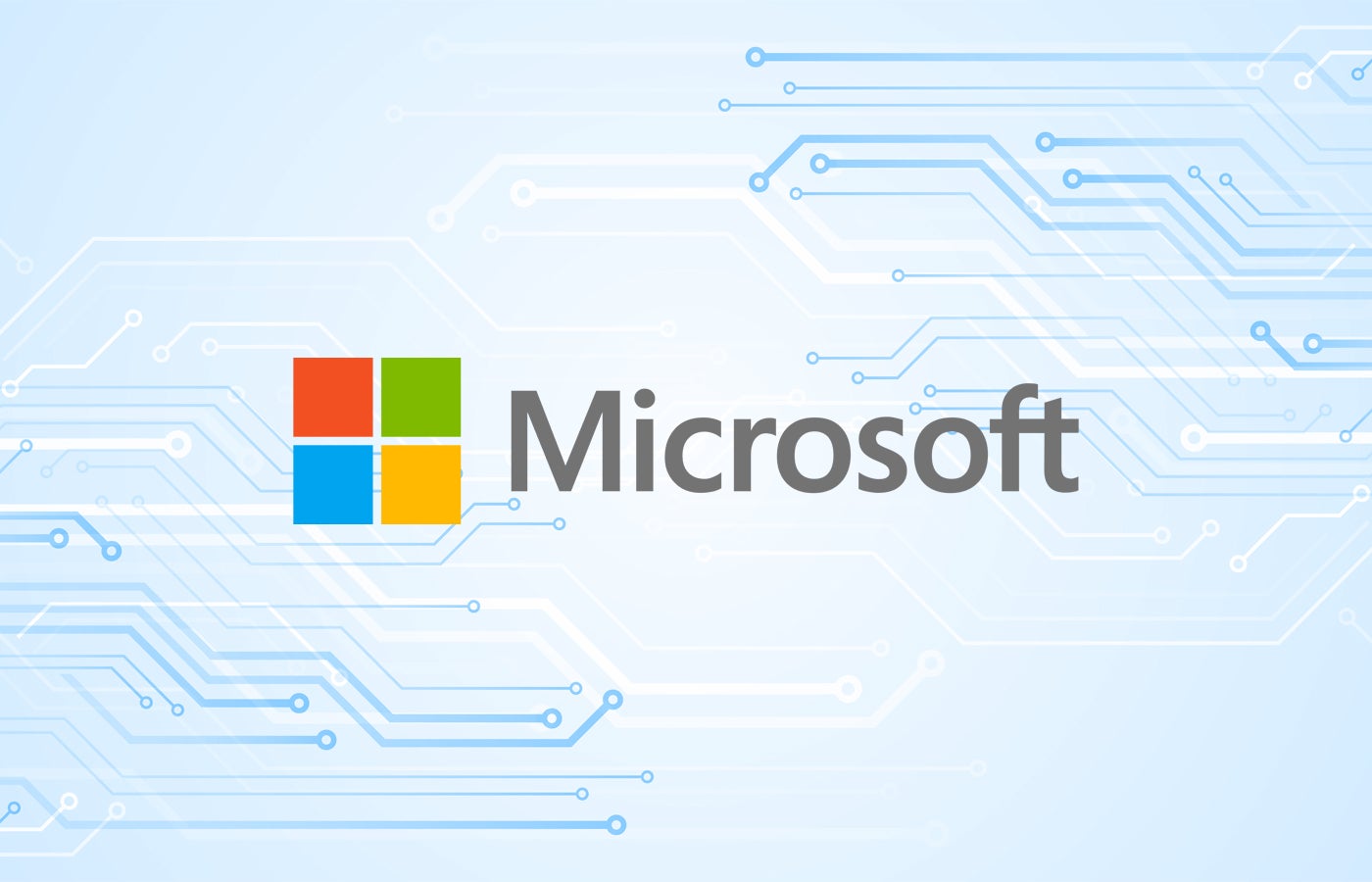The concept of smart cities is no longer a futuristic vision but a rapidly evolving reality. The integration of Internet of Things (IoT) systems into urban infrastructure has the potential to revolutionize the way cities operate, making them more efficient, sustainable, and user-friendly. In this article, we’ll explore how IoT systems transform essential infrastructure in smart cities, leading to improved quality of life for residents.
IoT Smart Cities: A Perfect Match
The Internet of Things (IoT) refers to the interconnected network of devices and sensors that can collect and share data over the Internet. When applied to urban infrastructure, IoT can enhance the efficiency and effectiveness of various essential services, from transportation and energy management to healthcare and waste disposal.
1. Smart Transportation
Smart transportation is a cornerstone of any smart city, and IoT plays a pivotal role in its development. IoT-enabled traffic management systems can monitor real-time traffic conditions, optimize traffic signal timings, and provide data to commuters about the best routes and modes of transportation. It not only reduces traffic congestion but also decreases fuel consumption and lowers carbon emissions, contributing to a greener and more sustainable urban environment.
2. Energy Efficiency
Energy management is another vital component of smart cities. IoT systems can help monitor and control energy consumption in both residential and commercial buildings. Smart grids, equipped with IoT sensors, enable real-time energy usage tracking, leading to more efficient allocation and reduced wastage. These systems can also promote the integration of renewable energy sources, further reducing a city’s carbon footprint.
3. Healthcare
IoT-driven healthcare solutions are transforming how medical services are delivered in smart cities. Wearable health devices can monitor patients’ vital signs remotely, alerting healthcare providers to irregularities. Additionally, telemedicine services enable residents to access medical consultations from the comfort of their homes. IoT ensures a more proactive, accessible, and efficient healthcare system, improving the overall health and well-being of the city’s population.
4. Waste Management
Efficient waste management is a crucial aspect of maintaining a clean and healthy urban environment. IoT-enabled waste bins equipped with sensors can monitor their fill levels, optimizing collection routes and schedules. It reduces unnecessary trips, decreases fuel consumption, and minimizes pollution while maintaining a cleaner and more attractive city.
5. Public Safety
Public safety is a top priority in smart cities, and IoT systems enhance this aspect significantly. Video surveillance, gunshot detection, and emergency alert systems can provide real-time data to law enforcement agencies, helping them respond faster to incidents and ensuring the safety of residents. Additionally, smart street lighting systems can adapt to ambient light and motion, improving visibility and security in various urban areas.
Challenges and Considerations
While IoT systems offer enormous potential for transforming essential infrastructure in smart cities, there are challenges and considerations to address:
- Data Security: The large amount of data generated by IoT systems must be safeguarded to protect residents’ privacy and prevent cyberattacks. Strong data encryption, access controls, and regular security audits are essential.
- Infrastructure Investment: The implementation of IoT systems requires significant upfront investment in both hardware and software.
- Digital Inclusion: To ensure that all benefit from smart city services, efforts should be made to bridge the digital divide and provide access to IoT technologies for marginalized communities.
- Interoperability: Different IoT devices and systems need to work together seamlessly to maximize their impact. Standardization and interoperability protocols are essential to ensure compatibility.
Conclusion
IoT systems are transforming essential infrastructure in smart cities, revolutionizing how cities operate and improving the quality of life for their residents. From smart transportation and energy management to healthcare and waste disposal, integrating IoT technologies enhances efficiency, sustainability, and overall urban development. However, it is crucial to address challenges related to data security, infrastructure investment, digital inclusion, and interoperability to ensure the continued success of smart cities. As urban areas continue to grow and evolve, the role of IoT in shaping the cities of the future cannot be understated.
Read Also:
Addressing Industrial IoT Challenges: Key Solutions for Success
Farming Innovation with IoT: Revolutionizing Agriculture for a Sustainable Future




